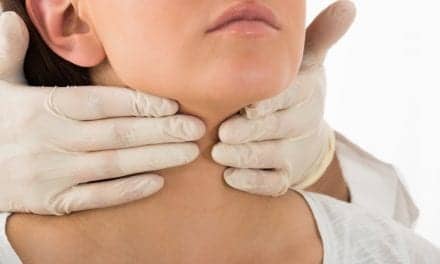The CEUS Calculator is now available on mobile phones and desktops to help improve echocardiography lab workflows and appropriate utilization of ultrasound enhancing agents (UEAs).
The CEUS Calculator uses three readily-available variables (age, heart rate, and weight) to predict whether an individual patient’s echocardiogram will require administration of a UEA for optimal assessment of left ventricular opacification (LVO).
Echo lab staff may access the CEUS Calculator free of charge on “ICUS Connect,” the new mobile app created by the International Contrast Ultrasound Society (ICUS). The CEUS Calculator is based on an algorithm developed at Beth Israel Deaconess Medical Center, a primary teaching hospital of Harvard Medical School, and validated at the Mid-America Heart Institute in Kansas City, Missouri.
“In current practice, echo labs generally scan a patient and review image quality prior to deciding whether to place an IV and administer a UEA,” according to Dr. Jordan Strom, an Assistant Professor of Medicine at Harvard Medical School, Director of the Echocardiography Laboratory at Beth Israel Deaconess Medical Center, and a member of the ICUS board of directors. Dr. Strom was instrumental in developing the CEUS Calculator.
“In busy echo labs, delays in IV placement may cause some sonographers to forgo medically appropriate UEA use and withhold patient access to an important, safe and cost-effective tool for improving ultrasound image quality and diagnostic certainty,” Dr. Strom said.
The new CEUS Calculator allows echo lab staff to calculate the probability of needing UEAs for a given patient before the patient presents for a scheduled echocardiogram. Echo lab staff may simply enter the three variables (weight, age and heart rate) into the CEUS Calculator to determine which patients have a sufficient probability (> 15%) of UEA benefit. Those patients may be asked to arrive at the echo lab 15-20 minutes prior to the scheduled echocardiogram for planned IV placement.
UEAs are used worldwide to enhance ultrasound scans of the heart, liver, kidney, breast and other areas of the body. UEAs do not contain dye and create no known risk of kidney damage. In addition, enhanced ultrasound scans are significantly less expensive than CT or MRI, and do not expose patients or hospital staff to ionizing radiation.
“Use of ultrasound enhancing agents often avoids unnecessary downstream testing, lowers overall imaging costs and improves patient care, and we hope the CEUS Calculator removes an unnecessary impediment to medically appropriate use of this valuable and important technology,” Dr. Strom said.
About ICUS
The International Contrast Ultrasound Society (ICUS) is a nonprofit medical society dedicated to advancing the safe and medically appropriate use of contrast enhanced ultrasound (CEUS) to improve patient care globally. Membership in ICUS is free of charge and there is no fee for ICUS CME-accredited educational programs, newsletters or other resources.
[Source(s): International Contrast Ultrasound Society, Business Wire]




